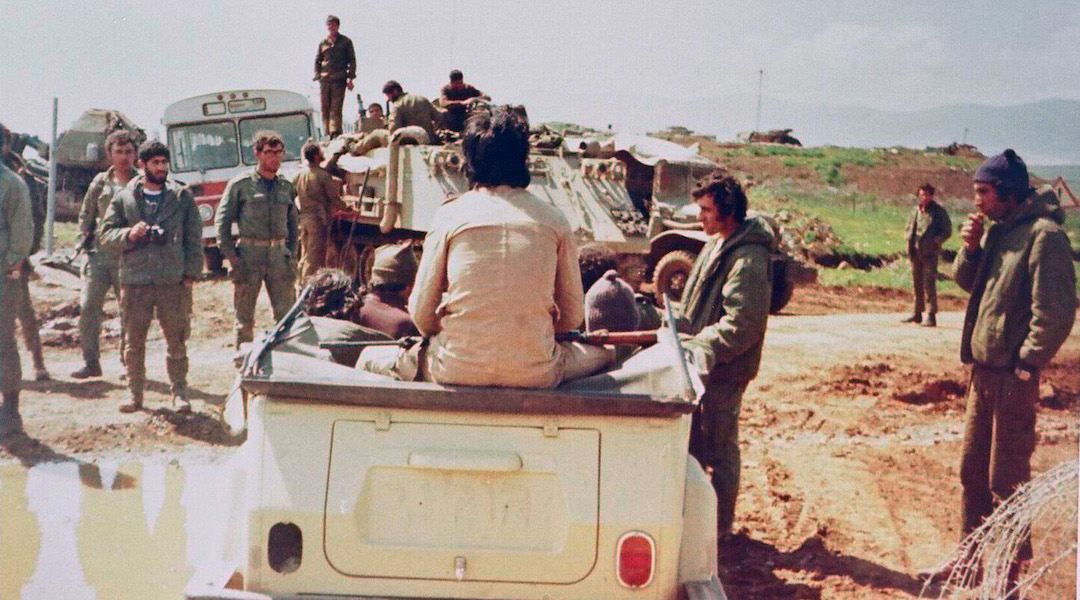Israel has expressed its growing concern over the breakdown of the cease-fire in south Lebanon where Palestinian terrorists have resumed shelling Christian enclaves. Heavy artillery fire over the weekend hit Christian villages in the border region opposite Dovev and north of Metullah. A Christian mother and daughter were reported to have been killed.
The deteriorating situation was the subject of a meeting here Friday between Defense Minister Ezer Weizman and U.S. Ambassador Samuel Lewis. Weizman was accompanied by Deputy Defense Minister Mordechai Zipori. He reportedly stressed that while Israel has refrained so for from resuming its intervention on behalf of the Christians, it regards the latest developments as serious. He urged the U.S. to intervene with the Syrian authorities to force the Palestinians to observe the cease-fire.
The American Embassy disclosed that Damascus has in fact been approached by the U.S. The American Ambassador in Beirut is in contact with the Lebanese government in an effort to get the terrorists to end the shooting and withdraw to their cease-fire positions.
ISRAEL SUSPENDS TALKS
Weizman announced that Israel has suspended its talks with Lebanese army officers until the situation calms down. He said this was done in order to stress to the Lebanese authorities the gravity with which Israel views the cease-fire violations. Israeli officers met with a Lebanese colonel and two majors at the coastal border post of Rosh Hanikra 10 days ago. At that time, the cease-fire was still effective and the two parties discussed the Lebanese army’s plans to take over strongholds in the southern region as agreed under the ceasefire terms.
It was disclosed that the Lebanese officers from central headquarters in Beirut-were unable to reach Rosh Hanikra directly because the coastal road south of the capital was blocked by terrorists. Instead, a United Nations plane flew them to Mahnayim Airport at Safad from where they were driven to the border post. The Lebanese reportedly suggested that future meetings be held at Rhodes because of the difficulty of travelling from Beirut to the Israeli border.
JTA has documented Jewish history in real-time for over a century. Keep our journalism strong by joining us in supporting independent, award-winning reporting.
The Archive of the Jewish Telegraphic Agency includes articles published from 1923 to 2008. Archive stories reflect the journalistic standards and practices of the time they were published.




